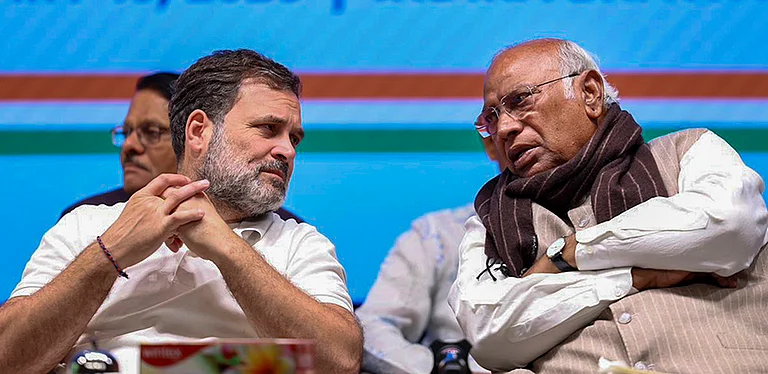Whenever the head of a PSU or a government body is asked about the reason behind their inability to compete against the private sector, they invariably rue about the law that restricts them to the lowest bidder or L1 for executing projects. But that is set to change now, with the department of expenditure’s public procurement division’s new guidelines that allow all non-standard works and non-consultancy services to be bid under the quality-cum-cost-based selection (QCBS) method.
Will it change the way the government executes its projects? Or will it lead to increased corruption in the name of quality? Outlook Business spoke with Raghav Chandra, former chairman of the National Highways Authority of India (NHAI) on the issue.
Outlook: Do you think this will drastically improve the execution of government projects?
Chandra: While most of the biddings are accepted on the basis of the L1 (Lowest cost bidder) rule, exceptions have been made in the past as well. In my tenure as a bureaucrat, we had to prepare city development reports for the 345 municipal bodies of Madhya Pradesh in a limited period of time, because we wanted to ensure that all the infrastructure is mapped and we should be able to strategise and plan out what’s to be done in those municipal bodies. But we found that the nine Municipal Corporations, whose city development reports were being funded by ADB (Asian Development Bank), had very lengthy procedures. And if we had to do it for 335 remaining bodies, including Nagar Panchayats, it would have taken a very long time. At that time, we decided to stipulate minimum qualifying criteria for consulting bodies and we said, look, if you fulfil these certain criteria, which included the work done in the past and the competencies, then we would empanel you. We created geographical clusters for all the empanelled consultancies. So instead of asking every consultancy to make price bids, we pre-qualified 60-odd consultancies out of 150 firms that had applied and assigned them work at predetermined rates
Outlook: But then, how do the new guidelines differ from what you used to do earlier?
Chandra: It introduces a mindset change and it can only be defined by the finance ministry. So if such a change has been made in the GFR ( General Financial Rules) I think it’s one step in the right direction, as from now, government bodies will be able to do it more frequently without being worried about being questioned.
Outlook: Can we say that the new guidelines will do away with the scope of CVC to investigate the decisions taken by bureaucrats or PSU heads?
Chandra: I don’t think so. But any action of the CVC will be based on the guidelines issued by the department of expenditure.
Outlook: Is there any downside of this kind of policy as far as the scope of misuse is concerned?
Chandra: As long as basic monitoring systems are not misused deliberately to favour any particular entity, which can never be ruled out, there is no harm in it.
Outlook: The guidelines also have a provision of paying interest on the delay of payment to the contractor, can it not lead to overrunning of costs of projects?
Chandra: It’s a different issue and is not connected to the L1 bidding, but that issue had already been brought up much earlier by Niti Aayog. Most of us (bureaucrats) have always tried to ensure that payments to contractors are made on time.
Outlook: But in case the government is asked to make an interest payment on delayed payment, will it not lead to cost overruns?
Chandra: It could. As I said these are enabling provisions and they have to be utilised with a certain sense of balance and greater monitoring and scrutiny. They cannot be randomly applied.
Outlook: Do you think that chairmen of PSUs will now be able to make better decisions?
Chandra: It’s too early to say anything. But everything matters, and I believe that the guidelines from the ministry itself empowers them to go beyond the L1 bidder, so it would make it better for them to make decisions.
So instead of asking every consultancy to make price bids, we pre-qualified 60-odd consultancies out of 150 firms that had applied” + “and assigned them work at predetermined rates






.jpg?w=801&auto=format%2Ccompress&fit=max&format=webp&dpr=1.0)



















